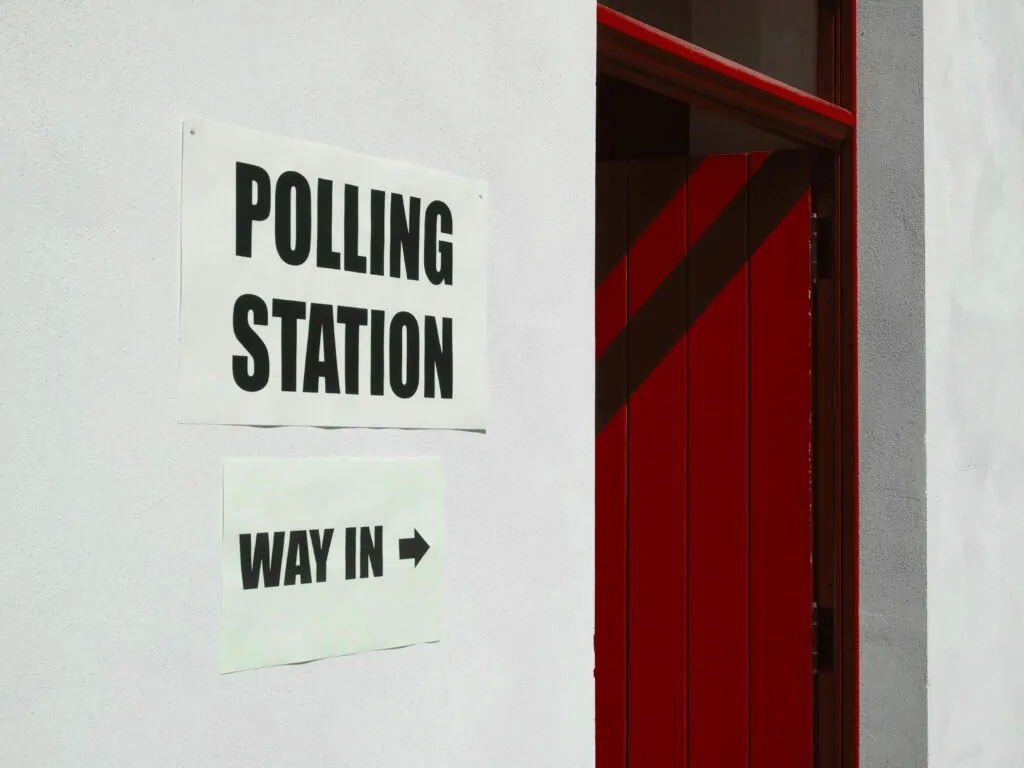Thursday 9 June 2016 was not an especially auspicious day for third sector organisations when it dawned, but for many their policy and finance officers will now need to audit donations, events and spending over the year that followed with meticulous care.
This is the surprising consequence of the forthcoming General Election being the first called outside of the five yearly cycle envisaged by the Fixed-term Parliaments Act 2011 and the ‘regulated period’ provisions of the Lobbying Act (actually an amendment to the Political Parties, Elections and Referendums Act 2000). The Lobbying Act has benign intentions but controversial effects. It sets out to make transparent, and strictly limit, expenditure by organisations which are not political parties that could influence the outcome of elections and referenda. It does this by establishing a time-limited regulatory framework for certain ‘campaigning’ activity which ends with the poll date but begins a year earlier. So the moment the election was called, its regulated period came into being and stretched back to last June.
The first consequence is that most charities that undertake campaigning work of any significance urgently need to consider registering with the Electoral Commission if they have not already done so. ‘Campaigning’ is the Commission’s own term (it does not appear in the Act) and it is not an especially helpful one because ‘influencing’ and ‘policy’ work are just as easily caught by the Act. If spending on any such activity during the regulated period meets the ‘public’ and ‘purpose’ and test and exceeds £20,000 then the relevant organisation must register and the full regulatory regime applies.
The public test is easily satisfied by most forms of activity that is aimed at, seen or heard by the public, or a section of the public. Most events and publications are caught. There are a few notable exceptions, including campaigning by the press.
The purpose test is more complex. It seeks to establish whether campaigning activity undertaken by an organisation can be ‘reasonably regarded’ as ‘intended to influence’ voters to vote for or against ‘political parties’ or ‘categories of candidates’, including political parties or candidates who support or do not support ‘particular policies’ or ‘issues’. ‘Influence’ can come about by ‘prejudicing the electoral prospects at the election of other parties or candidates’. A campaign can make no mention of a party or candidate, but still be caught. The Electoral Commission advises that an activity will normally meet the purpose test if it ‘identifies political parties or candidates who support or do not support your campaign’s aims’ or ‘promotes or opposes policies which are so closely and publicly associated with a party or parties or with categories of candidate that it is reasonable to regard your campaign activity as intended to influence voters’.
The emphasis on ‘policies’ and ‘issues’ mean that the test can certainly be met by public activities that are not intended to support any particular party or candidate. Campaigns that encourage spending on particular public services or forms of foreign aid, or oppose cuts, are all potentially caught. Difficult questions then arise about campaigners’ intentions at the time money was spent, particularly in this election which few predicted and the Prime Minister herself more than once denied would be called. And the intention test is invidious. It is no defence that a campaigning organisation did not intend to influence voters if hypothetical others would reasonably perceive that was their intention. Once the election was called, those perceptions will shift. A campaign that was carefully planned to stimulate debate and engagement on issues surrounding Brexit, for example, may suddenly be perceived as intended to influence voters if it involved more than £20,000 of expenditure after 18 April 2017.
Suppose charities decide to be cautious and submit to regulation by registering with the Commission as many have. The main consequences of this are a spending cap of £319,800 (in England) and that donations above £500 to the regulated organisation must only come from permitted sources. In general, this means UK-domiciled sources. On the face of it, both these factors may not hinder many charities. However, some administration will be required to ensure that records regarding spending and donations are fit enough to satisfy the Electoral Commission. There is a general expenditure-reporting obligation that bites once the election is over, but a weekly one for recent donations above £7500.
The retrospective effects of the Act during a snap general election raise real questions over its fitness for purpose and it has already been subject to serious criticism. Lord Hodgson recognised the potentially stultifying effect of the Lobbying Act’s lack of recognition of intention in the purpose test. He also highlighted the extraordinary length of the regulated period. His recommendation, in his March 2016 report, was to recognise an actual intention to influence voters in the purpose test, and, to shorten the regulated period to four months. So far there has been no Government appetite for change.
Charities are, of course, primarily subject to Charity Commission regulation and, when it comes to campaigning, this area of regulation is also not without controversy and complication. Charity Commission Guidance 9 (‘CC9’) essentially provides that charities can engage in political campaigning if it supports the delivery of its charitable purposes. However, a charity cannot exist for political purposes and its main activity cannot be political. According to CC9, a charity may focus most, or all, of its resources on political activity for a period but not for the entirety of its life. Charity Commission pronouncements about what makes a charity and about campaigning during the Brexit referendum have significantly obfuscated an already complex topic.
The penalties for errors can be severe. Breaches of the Lobbying Act can lead to fines and criminal sanctions. The Charity Commission has swingeing powers to ensure compliance by charities with charity law and has taken action (albeit not swingeing) in relation to charities overstepping the mark in terms of their campaigning.
The mix of Lobbying Act, Charity Commission and the snap election has thrown the sector into a great deal of confusion and fear. This is understandable, particularly given the threatening noises alleged to have emanated from the Electoral Commission and the very real £30,000 fine imposed on Greenpeace for its refusal to register in the run up to the 2015 election.
However, it is worth returning to the words of CC9: Campaigning, advocacy and political activity are all not only legitimate but valuable activities for charities to undertake. Whilst there may be a perfect regulatory storm brewing, courage and caution are required in equal measure. The courage to campaign and the caution to ensure that spending is monitored and, where necessary, limited. Complicated regulation should not deter trustees from promoting the charitable interests of their beneficiaries.

